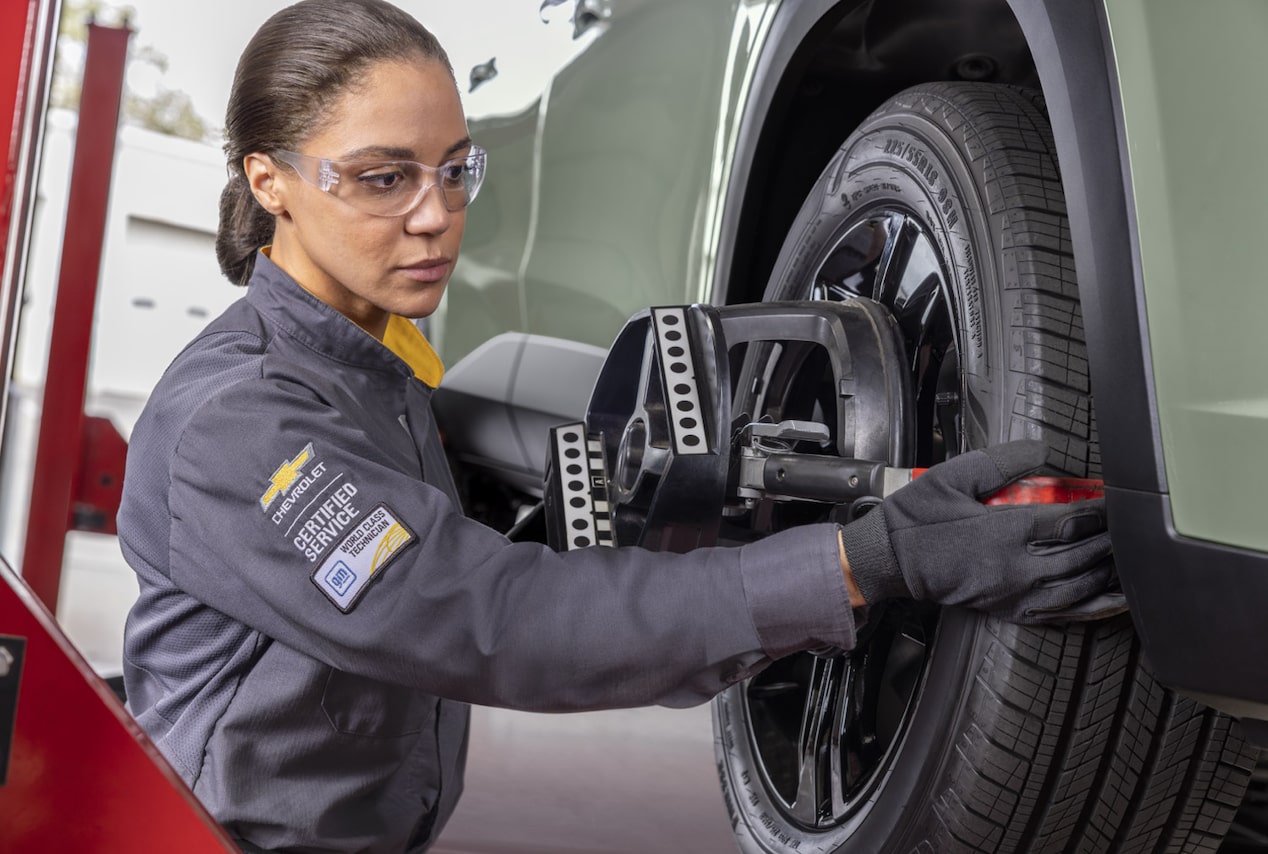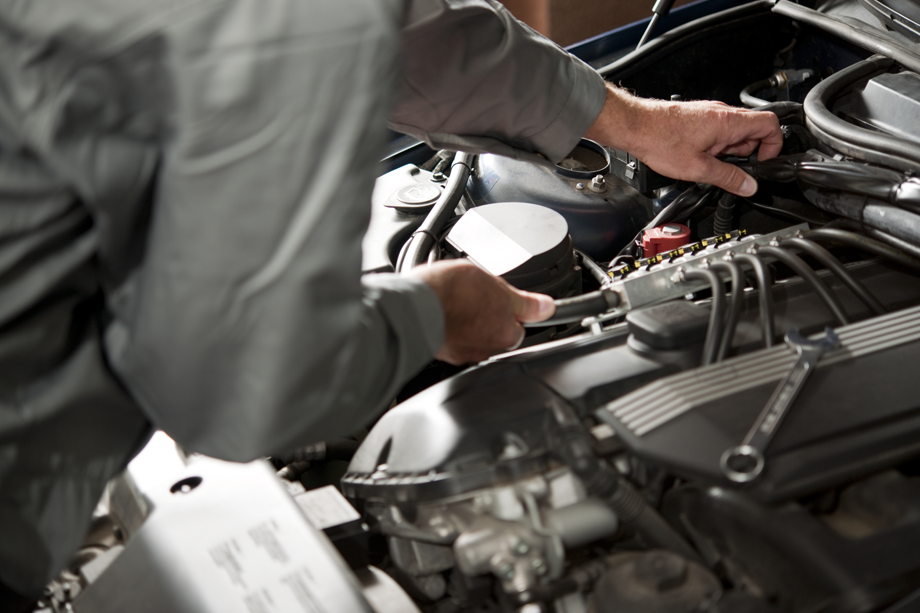All Categories
Featured

Keeping your cars and truck in peak problem calls for focus to numerous maintenance jobs, with fluid checks being amongst one of the most crucial. Lorry liquids play critical functions in guaranteeing smooth procedure, safety, and durability. Neglecting fluid upkeep can result in considerable efficiency issues or pricey fixings. Listed below, we'll check out the value of checking and preserving your vehicle's liquids and suggestions for doing so properly.
- Engine Oil: Securing Important Parts. Engine oil guarantees that the relocating parts of your engine remain oiled, minimizing rubbing and stopping getting too hot. In time, engine oil breaks down or becomes infected, lessening its effectiveness. Without proper lubrication, engine parts can wear quickly, bring about lowered efficiency or full failure.
How to Keep: Examine the oil level using the dipstick and complement if needed. Follow your lorry's solution routine for oil adjustments, typically every 3,000 to 7,500 miles, relying on the kind of oil and your driving routines. 2. Coolant: Managing Engine Temperatures. Coolant, or antifreeze, assists regulate your engine's temperature, protecting against overheating in summer season and cold in winter months. As it distributes, coolant absorbs excess warm and resolves it through the radiator. Over time, contaminants can develop up, or the liquid may deteriorate, reducing its effectiveness.

Exactly How to Preserve: Regularly check coolant levels in the storage tank and examine for leakages or staining. Flush and replace coolant as suggested, normally every 2 to five years. 3. Transmission Fluid: Smooth Gear Operation. Transmission fluid lubricates the transmission system and ensures smooth equipment changes. A well-maintained transmission fluid stops overheating and secures inner parts from wear. Falling short to keep this fluid can lead to costly repairs or replacements.
Exactly How to Keep: Inspect the liquid levels (if your vehicle has a dipstick for transmission fluid) and check its shade. Scorched or dark liquid shows it's time for an adjustment, usually every 30,000 to 60,000 miles. 4. Brake Liquid: Ensuring Security. Brake liquid is essential for moving stress from your foot on the brake pedal to the stopping system, enabling your vehicle to quit effectively. In time, brake fluid can absorb moisture, lowering its boiling factor and compromising stopping performance.
Just How to Preserve: Examine the brake liquid level and problem. If it shows up dark or dirty, have it replaced. Numerous suppliers advise altering brake liquid every 2 years or as needed. 5. Power Guiding Fluid: Easy Maneuverability. Power steering liquid permits simple and easy and smooth guiding. Reduced degrees or polluted liquid can make guiding hard, raising the threat of accidents.
Just How to Keep: Check the liquid consistently and replenish if degrees are reduced. Watch out for leaks, which can result in steering system damages if unsolved. 6. Windshield Washer Liquid: Clear Presence. Not related to performance, windscreen washing machine liquid is essential for preserving visibility. It helps maintain the windshield clean, particularly during bad climate or when dirt collects.

Just How to Maintain: Replenish the storage tank as required and use washing machine liquid designed for your environment to stop freezing or spotting. Finest Practices for Liquid Maintenance. Comply with the Supplier's Set up: Describe your vehicle's owner guidebook for maintenance intervals certain to your vehicle. Screen for Leaks: Identifying liquid leakages early can protect against serious damages. Seek pools or discolorations under your lorry. Make Use Of the Correct Fluids: Constantly utilize liquids recommended by your automobile's supplier to avoid compatibility problems. Focus On Warning Indicators: Dashboard caution lights, odd scents, or unusual performance can show fluid-related troubles. The Benefits of Normal Fluid Checks. Improved Efficiency: Liquids in good condition aid all systems run efficiently. Expanded Lifespan: Appropriate lubrication and cooling avoid early wear and tear on elements. Improved Safety and security: Brake liquid and coolant are vital for risk-free driving. Expense Cost savings: Attending to liquid problems early can stop expensive repairs later on. Conclusion. Monitoring and maintaining your vehicle's liquids is a simple however essential part of automobile ownership. Whether it's oil, coolant, or brake fluid, staying proactive with upkeep is the vital to long-term vehicle health.
Latest Posts
Budget Friendly High-end: Discover the Advantages of Laminate Flooring
Published Apr 20, 25
1 min read
Developing a Strong Monetary Future with WyHy
Published Apr 20, 25
1 min read
Full Circle Strategic Marketing - Crush Top Search Spots with Effective SEO Plans
Published Apr 20, 25
2 min read
More
Latest Posts
Budget Friendly High-end: Discover the Advantages of Laminate Flooring
Published Apr 20, 25
1 min read
Developing a Strong Monetary Future with WyHy
Published Apr 20, 25
1 min read
Full Circle Strategic Marketing - Crush Top Search Spots with Effective SEO Plans
Published Apr 20, 25
2 min read